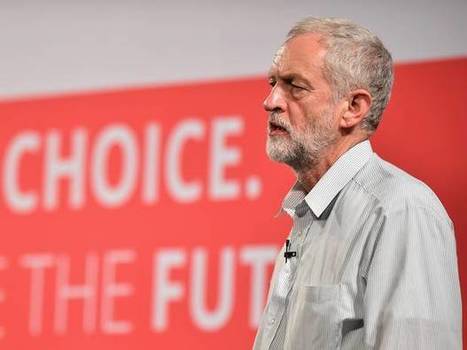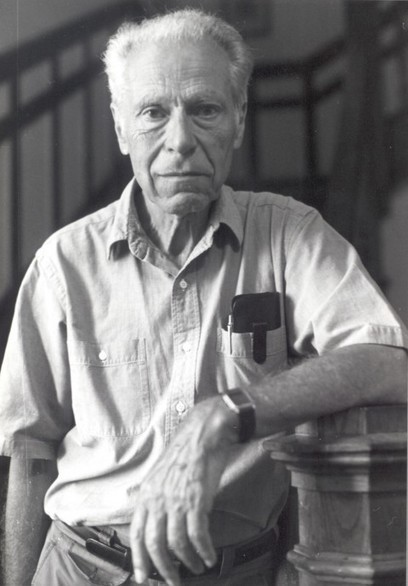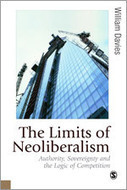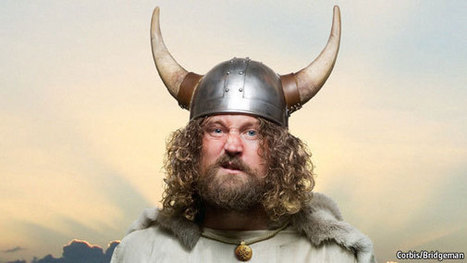 Your new post is loading...
The term post-democracy was coined by Warwick University political scientist Colin Crouch in 2000 in his book Coping with Post-Democracy. It designates states that are conducted by fully operating democratic systems ( elections are being held, governments fall and there is freedom of speech), but whose application is progressively limited.
Since the previous global crisis, which had triggered the launch of global neoliberal restructuring known as Globalisation in the late 60s, there have been major contributions made from critical perspectives to understand the expansion of capitalist mode of production and the formation of the world market. Much of the insights were developed by political economy theorists from the West and the Center. Taken the first and second generation classical work of those like Karl Marx, Rosa Luxemburg, Karl Kautsky, Rudolf Hilferding, Vladimir I. Lenin, Bukharin, Peter Kropotkin, Karl Polanyi, Antonio Gramsci, third and forth generation classics came out in this period. Althusser, Foucoult, Lefebvre, Balibar, De Bord, Deleuze, Miliband, Poulantzas, Palloix, Murray, Hymer, Wallerstein, Amin, Arrighi, Baran, Sweezy, Breverman, Tronti, Negri, Verno, Cox, van der Pijl, Waterman among many others have re-worked on the state, classes, production, labour, capital, power, ideology, agency, and so forth, and had added new insights to make a common sense of the ever changing world historical structures, the collective social agency, as well as possiblities and limits for radical emancipatory change. In this post-war and New-Left era, both Gramsci and Polanyi had been rediscovered and their work stimulated, especially by Poulantzas’ work, the development of varying analysess of the transnational dimension of the changing character of capitalism.
History, Philosophy, and Methodology
According to Cisco, the number of things – smart phones, cars, delivery vehicles, smoke detectors, outflow sensors, electricity meters – connected to the internet surpassed the number of people connected to the internet in 2008. Projections for the coming decade vary, but corporate researchers at firms like Cisco, Intel, IBM and Siemens are betting big on the exponential growth of networked sensors and microcomputing devices. These companies are working in loose concert to shepherd this emergent swarm of networked things into a truly infrastructural data-collecting system. They see in the so-called “Internet of Things” the consummation of promise held forth to the corporate world by big data analytics; comprehensive, actionable, real-time data about production and consumption, allowing for ever more agile and sophisticated extraction of value from human activity.
On the one hand the incredible rise of UKIP, echoed across much of the continent in a surge of support for populist anti-EU and anti-immigrant parties, is a grim omen of things to come. A party with some very unsettling messages, and even more unsettling people, has just won a nationwide election. But on the other hand, their dramatic rise in support jolts us into confronting these seismic shifts taking place. Moreover, at the very time the old politics is disintegrating, new ways of being and doing are opening up that give us hope. UKIP maybe leading the headlines, but there’s much more going on in politics beyond the main parties.
Throughout the resistance gardens, a lifestyle is establishing itself, not only in regard to the issue of the garden, but in a general way, to the relationship between a man and his socio-biological environment where, according to the standards of the Garden Movement, the living economy consists in doing as much as possible with as little as possible against the existing energies. This applies to daily activities in every domain. The expansion of the concept of resistance is possible on all levels. However, it is necessary to stay in permanent alert in order to avoid confusing consumerism flow, ideals of development and misleadings with ecology – Gilles Clément
In a new major work of critical recollection, Dimitris Milonakis and Ben Fine show how economics was once rich, diverse, multidimensional and pluralistic. The book details how political economy became economics through the desocialisation and dehistoricisation of the dismal science, accompanied by the separation of economics from other social sciences, especially economic history and sociology. It ranges over the shifting role of the historical and the social in economic theory, the shifting boundaries between the economic and the non-economic, all within a methodological context. Schools of thought and individuals, that have been neglected or marginalised, are treated in full, including classical political economy and Marx, the German and British Historical Schools, American institutionalism, Weber and Schumpeter and their programme of Sozialökonomik , and the Austrian School. Developments within the mainstream tradition from marginalism through Marshall and Keynes to general equilibrium theory are also scrutinised, and the clashes between the various camps from the famous Methodenstreit of the 1880s to the fierce debates of the 1930s and beyond brought to the fore.
|
It is a “myth” that highly wealthy individuals are the only “wealth creators” that expand the economy, a Labour leadership contender has said.
1) Thomas Piketty, “Capital in the Twenty-First Century” (Cambridge: Belknap Press). So let’s get the obvious one out of the way. I don’t think I agree with Piketty’s “r > g” argument, and I’m obviously intrigued by Daron Acemoglu and James Robinson’s recent riposte to Piketty’s structural argument. But that doesn’t really matter. The fact is that a 700+ page, translated-from-French tract on economic inequality was the #1 Amazon bestseller for at least a week. Piketty clearly tapped into something.
A SAGE Publications book: The Limits of Neoliberalism: Authority, Sovereignty and the Logic of CompetitionWilliam Davies.
The belief that the raw mechanics of Capitalism, uninformed by any moral penumbra of ethics, religion, or philosophy, has alone caused the great material increase of the West, is of itself suspect. Indeed, the Protestant Work Ethic, the idea of fair play, the conception of noblesse oblige, respect for contracts and law, the forbearance of pleasure for industriousness, thrift, moderation, Christian charity, and a host of other ideals and virtues, have invariably tinctured capitalism’s character for better or worse.
SMALLISH countries are often in the vanguard when it comes to reforming government. In the 1980s Britain was out in the lead, thanks to Thatcherism and privatisation. Tiny Singapore has long been a role model for many reformers. Now the Nordic countries are likely to assume a similar role.
How have global rivalries shaped the world we live in, and how do they continue to affect the way some of the most crucial geopolitical decisions of our time are made? In this interview with renowned political scientist Kees van der Pijl, we look at some of the most pivotal events of recent years, from 9/11 to the Arab Spring and the current crisis in Ukraine, to reveal the surprising underlying forces at work.
As I define it, government is nothing more than a consensus system which allows individuals to express their collective will and address concerns that cannot be solved merely on the basis of individual preference.
|
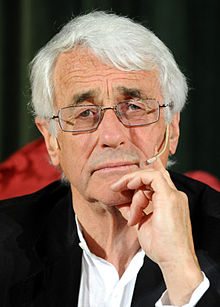



 Your new post is loading...
Your new post is loading...



